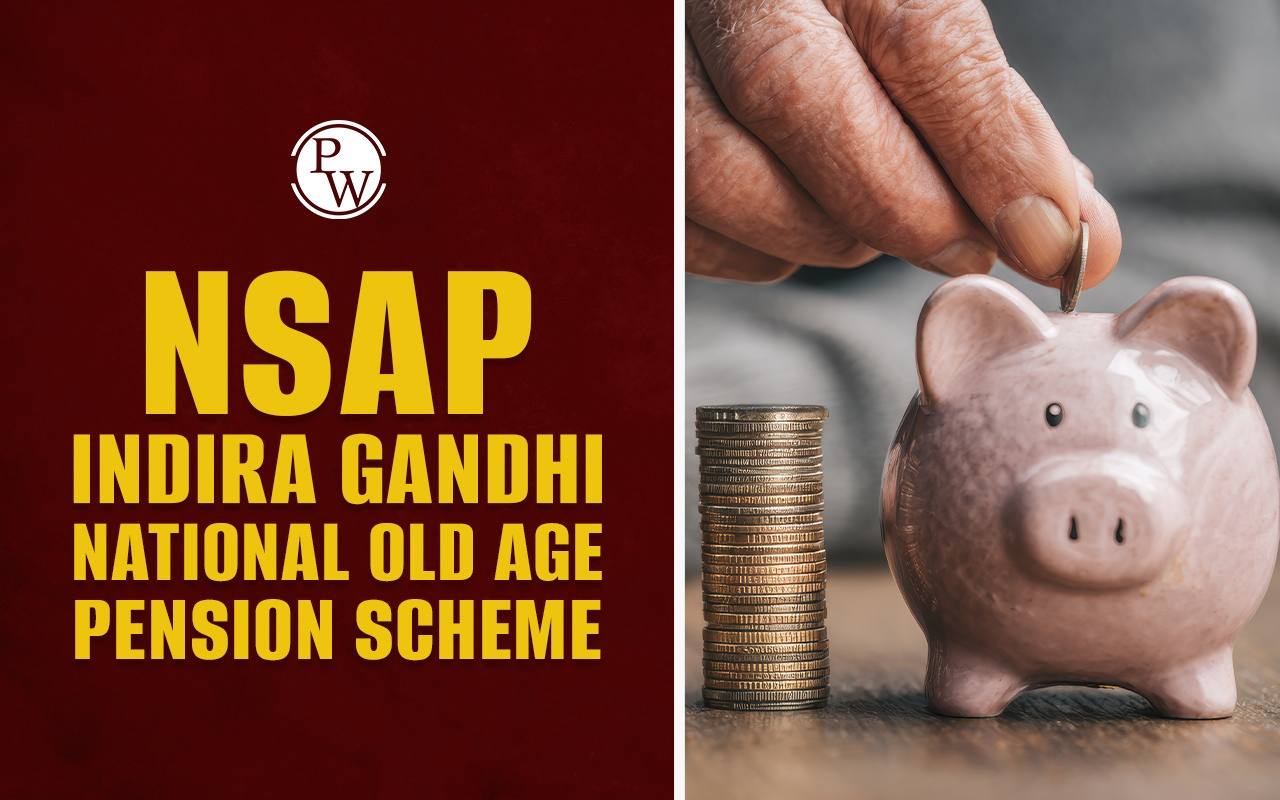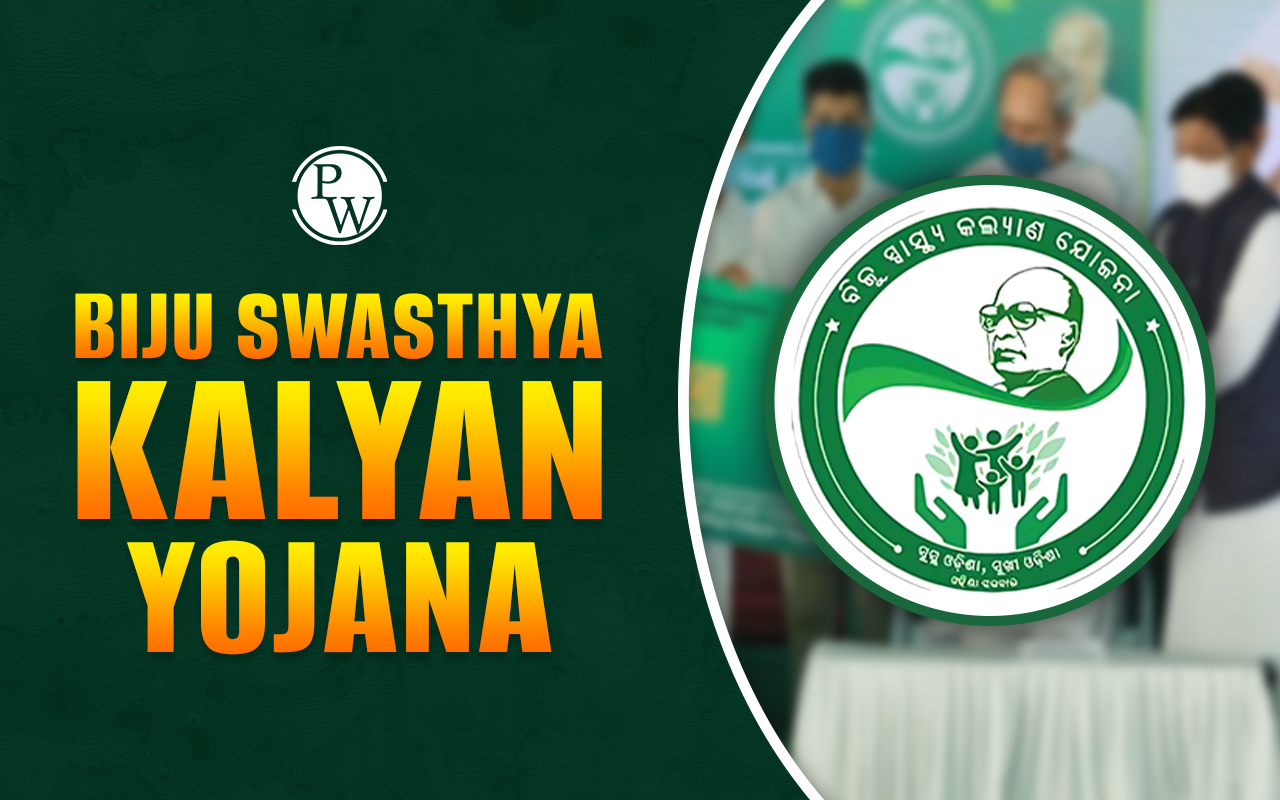
Comptroller and Auditor General of India (CAG) is the country’s highest authority responsible for auditing government finances.
The CAG examines how public money is spent, ensures accountability in government departments, and checks whether funds are used efficiently and for the right purposes. By providing independent and transparent reports, the CAG plays a crucial role in strengthening good governance and maintaining financial integrity across the nation.
Comptroller and Auditor General of India
Comptroller and Auditor General of India (CAG) is an independent constitutional authority, often described as the 'Guardian of the Public Purse'. As the head of the Indian Audit and Accounts Department, the CAG oversees the entire financial system of the country at both the central and state levels.
Dr B.R. Ambedkar famously called the CAG "the most important officer under the Constitution of India," viewing the CAG as the person who ensures that the government spends public money according to the mandate given by Parliament. The institution of the Comptroller and Auditor General of India is a vital pillar of the democratic system, alongside the Supreme Court, the Election Commission, and the Union Public Service Commission (UPSC).
Constitutional Provisions Related to the Comptroller and Auditor General of India
The Indian Constitution provides a robust legal framework for the CAG's office, ensuring its independence and wide-ranging authority. The key articles dealing with the CAG are found in Part V, Chapter V of the Constitution:
-
Article 148: This article deals with the appointment, oath, and conditions of service of the Comptroller and Auditor General of India.
-
Article 149: This grants Parliament the authority to prescribe the duties and powers of the CAG. Accordingly, Parliament enacted the Comptroller and Auditor General's (Duties, Powers, and Conditions of Service) Act, 1971.
-
Article 150: It states that the accounts of the Union and the States shall be kept in the form prescribed by the President on the advice of the CAG.
-
Article 151: It mandates that the CAG's audit reports on the Union accounts must be submitted to the President, who then lays them before both Houses of Parliament. State reports are submitted to the Governor, who places them before the State Legislature.
-
Article 279: It specifies that the CAG certifies the calculation of 'net proceeds' of any tax or duty, and the CAG's certificate on this matter is final.
Appointment, Tenure, and Removal of CAG
The process for appointing and removing the Comptroller and Auditor General of India is designed to guarantee the highest degree of independence for the office.
|
Appointment, Tenure, and Removal of CAG |
|
|
Aspect |
Provision |
|
Appointment |
Appointed by the President of India by a warrant under their hand and seal. |
|
Oath |
Before assuming office, the CAG takes an oath before the President to uphold the Constitution, sovereignty, and perform duties faithfully without fear or favour. |
|
Tenure |
Holds office for a term of six years or until the age of 65 years, whichever is earlier. |
|
Removal |
The CAG can be removed by the President only in the same manner and on the same grounds as a Judge of the Supreme Court. This requires a special majority resolution passed by both Houses of Parliament for proven misbehaviour or incapacity. |
Duties and Powers of the Comptroller and Auditor General of India
The powers and duties of the Comptroller and Auditor General of India are primarily outlined in the CAG (Duties, Powers and Conditions of Service) Act, 1971.
The CAG's audit mandate covers a vast area of public finance:
-
Audit of Expenditure and Accounts: Audits all expenditure from the Consolidated Fund of India, the Consolidated Fund of each State, and the Consolidated Fund of each Union Territory having a Legislative Assembly.
-
Contingency and Public Accounts: Audits all transactions relating to the Contingency Fund of India, the Public Account of India, and the corresponding funds/accounts of each State.
-
Government Bodies: Audits the receipts and expenditure of all bodies, authorities, and government companies (PSUs) that are substantially financed from Central or State revenues.
-
Commercial Accounts: Audits all trading, manufacturing, profit and loss accounts, and balance sheets kept by any department of the Central and State governments.
-
Advisory Role: Advises the President regarding the form in which the accounts of the Centre and the States should be kept (Article 150).
-
Propriety Audit: Can conduct a propriety audit, which checks the 'wisdom, faithfulness, and economy' of government expenditure, focusing on preventing wastefulness or extravagance. This type of audit is discretionary.
-
Performance Audit: The CAG can also conduct performance audits to assess the economy, efficiency, and effectiveness of how government resources are used.
Independence of the CAG's Office
Several provisions in the Constitution are designed to protect the independence of the CAG from executive influence, allowing the Comptroller and Auditor General of India to act without fear or favour.
-
Security of Tenure: The CAG does not hold office at the pleasure of the President and can only be removed by a difficult constitutional procedure, similar to a Supreme Court Judge.
-
Post-Retirement Ban: The CAG is ineligible for any further office, either under the Government of India or the Government of any State, after leaving office. This ensures the CAG is not influenced by the prospect of future appointments.
-
Salary and Service: The salary of the CAG is equal to that of a Supreme Court Judge and is determined by Parliament. Critically, neither the salary nor the rights in respect of leave or pension can be altered to their disadvantage after appointment.
-
Charged Expenditure: The administrative expenses of the CAG's office, including all salaries and allowances, are charged upon the Consolidated Fund of India. This means they are not subject to the vote of Parliament.
-
No Ministerial Responsibility: No minister can represent the CAG in Parliament, and no minister can be called upon to take responsibility for any action done by the CAG.
CAG’s Role as a Guide to the Public Accounts Committee (PAC)
The Comptroller and Auditor General of India is intrinsically linked to the Public Accounts Committee (PAC) of Parliament.
-
Submission of Reports: The CAG submits three main audit reports relating to the Central Government to the President: Audit Report on Appropriation Accounts, Audit Report on Finance Accounts, and Audit Report on Public Undertakings. These reports are then laid before Parliament.
-
PAC Scrutiny: The PAC is the Parliamentary committee that examines these audit reports and looks into potential irregularities or deficiencies highlighted by the CAG.
-
The "Guide, Friend, and Philosopher": The CAG acts as a crucial resource for the PAC. The CAG assists the committee in its deliberations, helps to clarify the complex actions of the government to the committee members, and generally acts as a guide and advisor throughout the scrutiny process.
Comptroller vs. Auditor General
The name Comptroller and Auditor General of India suggests two distinct roles, which were originally merged in the Indian Constitution. However, the Indian system differs significantly from its British counterpart:
-
Auditor General Role: The CAG of India essentially functions as an Auditor General, focusing on a post-facto audit (auditing the expenditure after it has been incurred).
-
Comptroller Role (Missing): Unlike the Comptroller General in the UK, the Indian CAG does not have control over the issue of money from the Consolidated Fund. In the UK, no money can be drawn from the public exchequer without the CAG's authority (acting as a Comptroller). In India, the executive can draw money subject to the Appropriation Act, and the CAG only comes into the picture at the audit stage. This limits the CAG's role from a 'Comptroller' in the true sense, making the Indian CAG primarily an auditor.
Comptroller and Auditor General of India FAQs
What is the constitutional article that establishes the Comptroller and Auditor General of India?
What is the tenure of the Comptroller and Auditor General of India?
To whom does the Comptroller and Auditor General submit their audit reports?
What is the main difference between the Indian CAG and the UK CAG?










